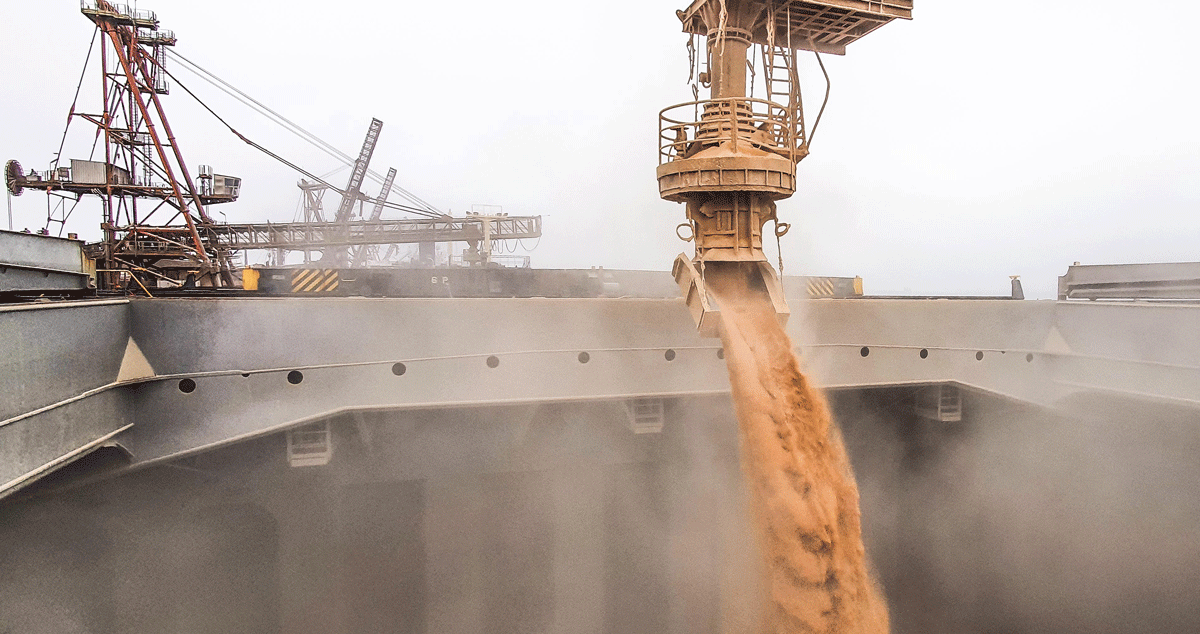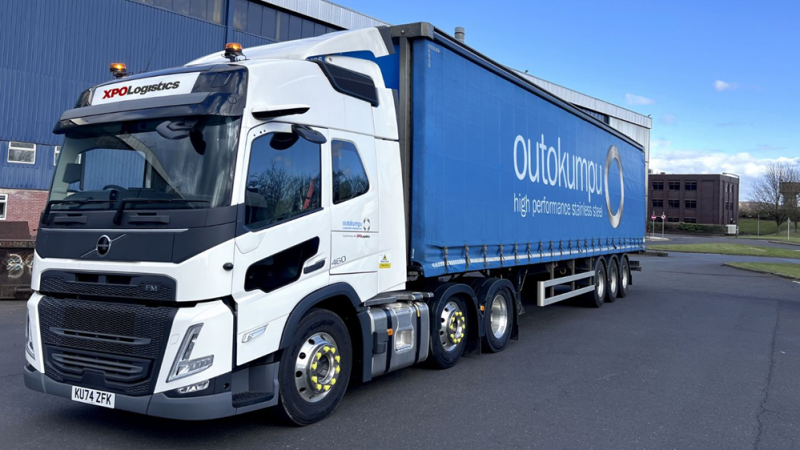Wilson Sons, a leader in port and maritime logistics in Brazil, reported, last year, a significant increase in services to bulk carriers through its Shipping Agency. With the acquisition of new clients and the expansion of Brazilian agribusiness, the leading independent Shipping Agency in Brazil reported a 66% rise in the number of calls in this sector, compared to 2022.
The incorporation of new clients also helped the company increase its market share in grains, attending vessels carrying soybeans, corn, wheat and malt. In terms of number of calls, the Shipping Agency’s growth was double digits in three commodities: soybeans (76%), corn (45%) and wheat (22%). Regarding malt, the total number of calls was twice as big, up 147%.
Agribusiness is strategic for Wilson Sons. Its Shipping Agency provides a dedicated division run by professionals specialized in the grains industry. Focusing on commodities, it offers customized services according to the profile of each client, allowing faster processing of paperwork, and market intelligence resources, with figures and analyses of the different grains.
“Our proposal is to provide each client with unique services in the grains segment, providing end-to-end tracking from operation to paperwork and costing. We have a highly specialized agribusiness team that devises smart solutions to reduce costs and create value for our clients”, said Flávia Carvalho, executive director at Wilson Sons Shipping Agency. “We cover the entire country through 19 proprietary offices operating in ports where grain cargo is handled. Our presence abroad, with exclusive representatives in Europe and a proprietary office in Asia, further supports our service structure by adding comfort, efficiency and safety to the clients of an agency that has been operating for 186 years”, she added.
The Shipping Agency operates in the main soybean and corn export ports. Regarding soybeans, produced mainly in Mato Grosso, Goiás, Minas Gerais and São Paulo, the Agency is present in leading Brazilian ports, including Santos (SP), Vila do Conde (PA), Itaqui (MA), Paranaguá (PR), Santarém (PA), Itacoatiara (AM) and São Francisco do Sul (SC). The main destination of grain cargo is China.
The leading producer of corn is also the state of Mato Grosso, in addition to Paraná and Mato Grosso do Sul. Corn is transported through the same ports, heading for Asia, with shipments to Japan, South Korea, Vietnam and China (the largest market for Brazilian corn). Last year, due to the high volumes imported by China and the record national corn production, Brazil outperformed the United States as the largest corn exporter in the world.
Client platform covers 40 ports and 110 terminals
The Shipping Agency has the exclusive client-oriented platform WS Connect. It represents a significant advance in data management and market intelligence for large global companies in this industry.
The platform continuously collects and updates data, including ship operations, port restrictions and market information. This information is used to create interactive, dynamic and personalized statistics and reports, providing a comprehensive view of port operations and commodities.
Another client service is centralization of ship call documents into a single accessible view. Furthermore, it provides key information about terminal waiting times, such as average operating times by type of operation and product, allowing internal and external clients to evaluate the efficiency of ports and terminals.
“WS Connect is more than an information tool. It provides critical knowledge that supports strategic decisions for both the company and stakeholders. This initiative reflects Wilson Sons’ commitment to driving operational, technological and analytical excellence for assertive decision-making”, said Renan Queiroz, commercial manager at the Shipping Agency.
About Wilson Sons
Wilson Sons is the largest port-shipping logistics operator in Brazil, with over 186 years of experience. The company operates across Brazil and offers complete solutions to more than 5,000 clients, including shipowners, importers and exporters, the offshore energy industry, renewable energy projects, agribusiness corporations, and other players in different businesses.
Learn more by clicking here.







